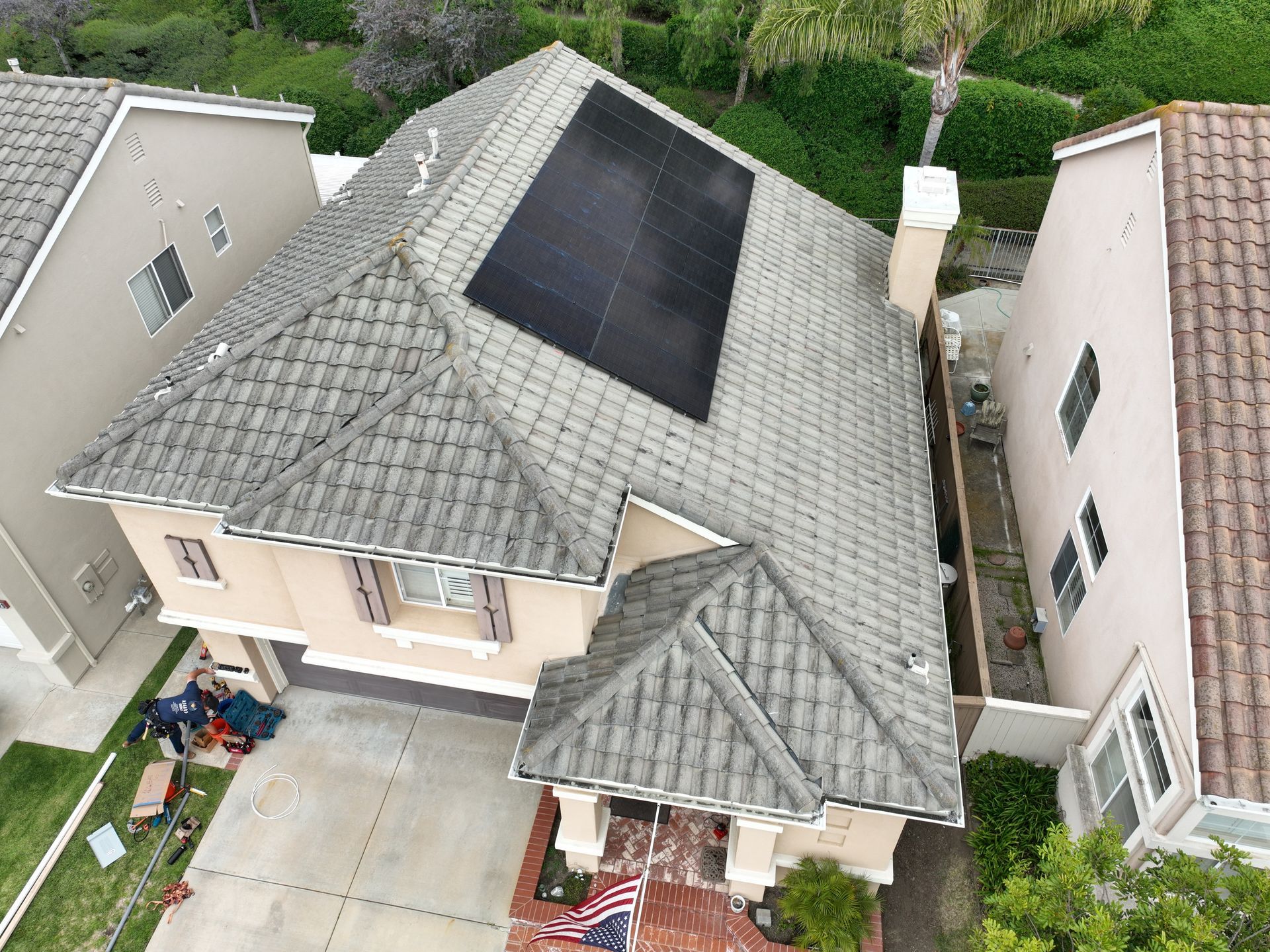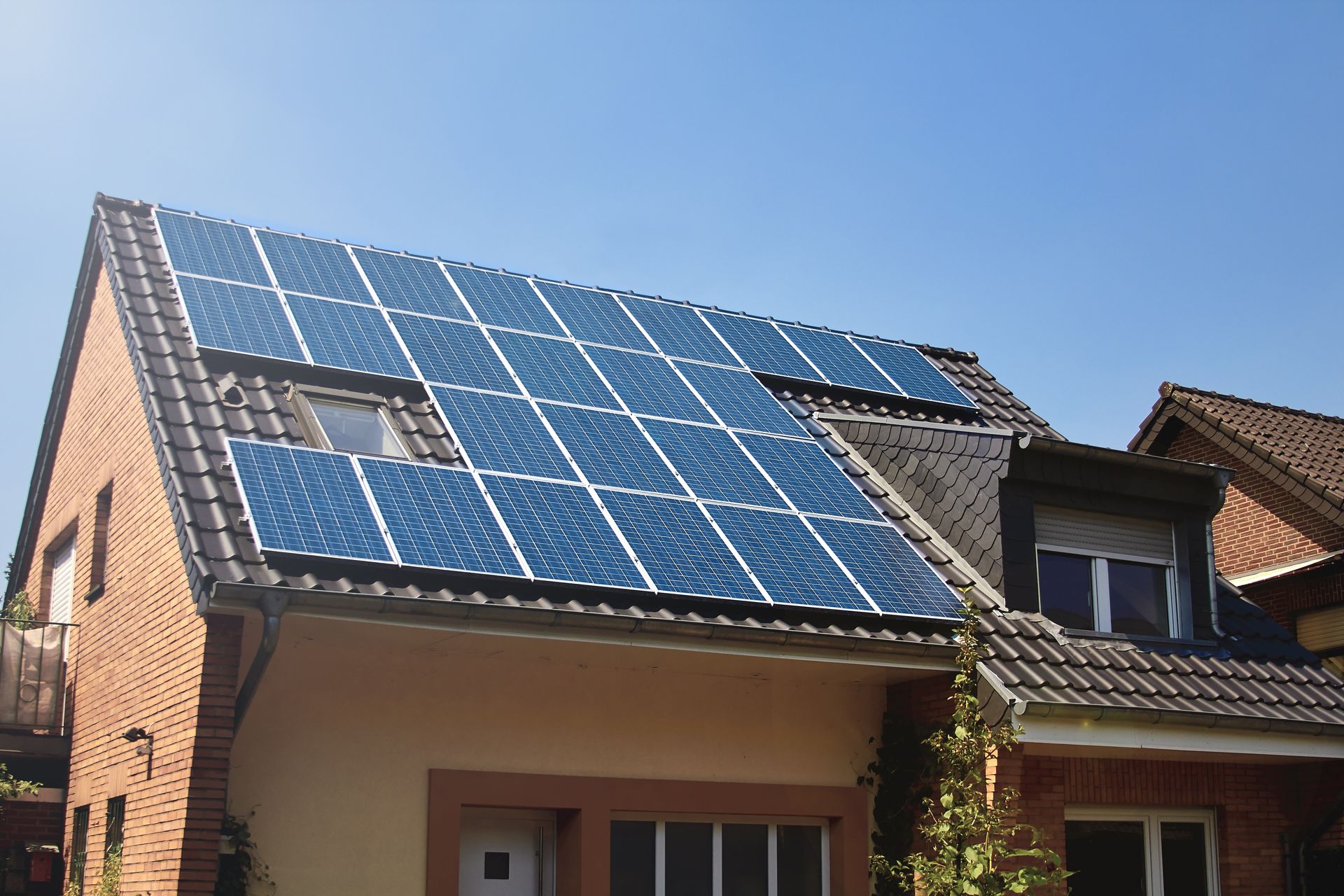Harnessing the Sun: Understanding Solar Energy Storage Solutions
The sun is a powerful renewable energy source, and with the advent of solar technology, we've found ways to harness this energy to power our homes and businesses. However, the challenge has always been: What happens when the sun isn't shining? This is where solar energy storage solutions come into play, ensuring that the clean, renewable energy you generate doesn't go to waste.
The Role of Solar Batteries in Energy Storage:
Solar batteries are at the heart of solar energy storage. They store the excess energy generated by your solar panels during sunny periods. This stored energy can be used at night or during power outages, making your home or business more resilient and energy-independent. The technology behind solar batteries has advanced significantly, offering higher capacities and longer life spans.
Types of Solar Batteries:
There are several types of solar batteries available, each with its unique features:
- Lead-Acid Batteries: These are the traditional batteries used in solar setups. They are more cost-effective but have a shorter lifespan and lower energy density.
- Lithium-Ion Batteries: These are more modern, have a higher energy density, longer lifespan, and require less maintenance than lead-acid batteries. They're more expensive upfront but offer better long-term value.
- Flow Batteries: A newer technology, flow batteries, offer a longer lifecycle and are ideal for large-scale energy storage.
How Solar Batteries Enhance Energy Independence:
With solar batteries, you're not just generating clean energy but also ensuring that this energy is available when you need it most. During power outages, your stored solar energy can be a lifeline, powering essential appliances and keeping your home operational.
Solar Batteries and Grid Services:
In addition to providing backup power, solar batteries can also offer grid services. When connected to the grid, your battery can supply excess energy, potentially earning you credits on your utility bill. This process, known as net metering, benefits you and contributes to the stability and sustainability of the local power grid.
Choosing the Right Solar Battery for Your Needs:
Selecting the correct solar battery depends on several factors, including your energy needs, budget, and solar panel system size. It's essential to consult with a solar energy expert to determine the best fit for your specific situation.
Conclusion:
Solar energy storage solutions, particularly solar batteries, are transforming how we think about and use renewable energy. By storing excess solar energy, these systems ensure the power you need is available when the sun isn't shining, providing peace of mind and energy security. As solar technology continues to evolve, we can expect even more efficient and cost-effective storage solutions, further empowering homeowners and businesses to embrace the full potential of solar energy.
Contact Asgard Energy:
Are you interested in learning more about solar energy storage solutions for your home or business?
Contact Asgard Energy, Southern California's leading high-quality solar and electrical services provider. Our team of experts is here to guide you through choosing and installing the perfect solar energy storage system to meet your needs.





